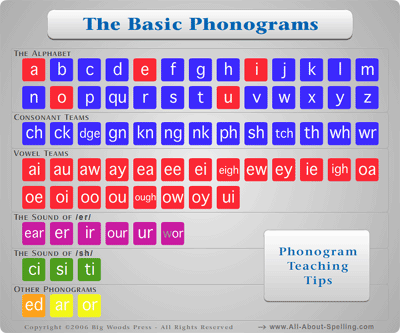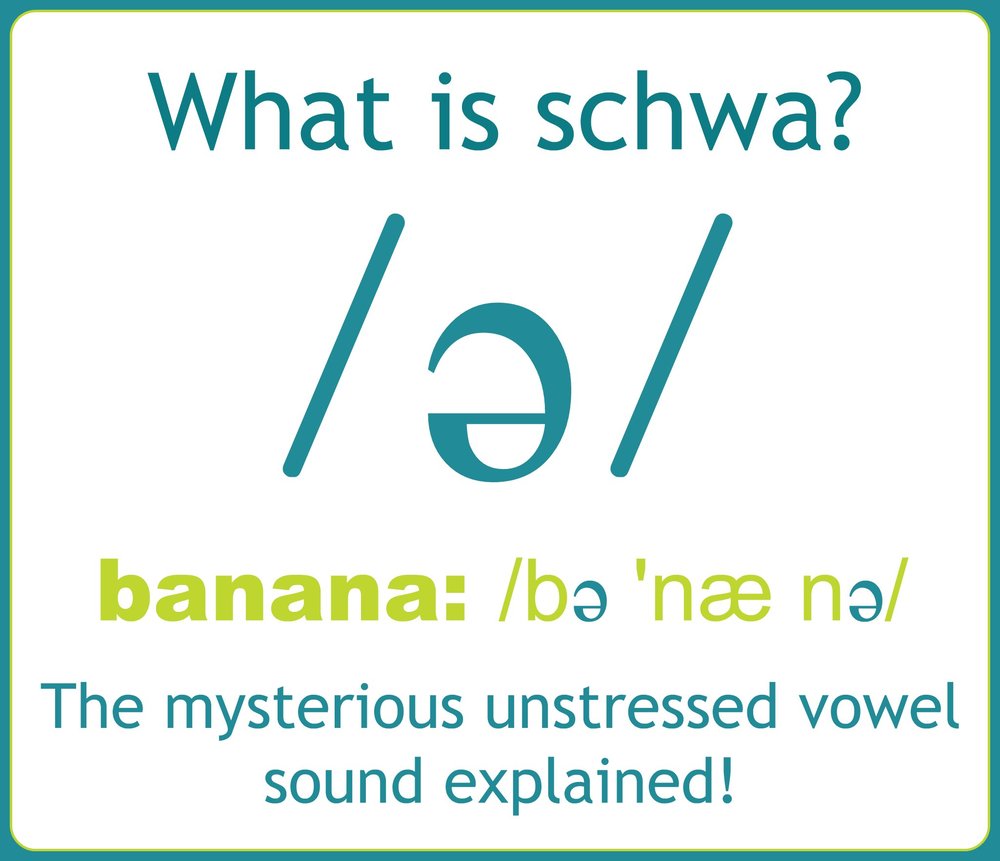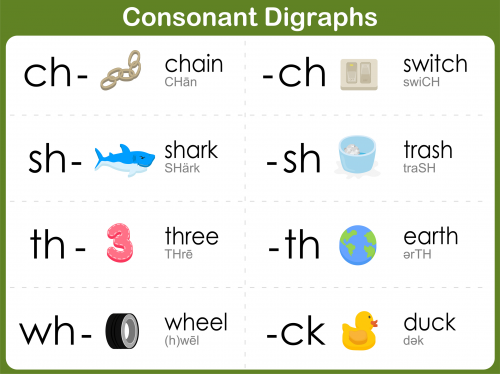Module 9 (Week 3) Vocabulary
1.) Sight Words
- "printed words stored in memory by the reader that can be read immediately without having to use decoding strategies" (Words Their Way)2.) Schwa
-"a vowel sound in English that often occurs in an unstressed syllable"(Words Their Way)Having an understanding of schwa helps learners understand decoding skills because some sounds in the english language are stressed and unstressed.
3.) Digraph
-"two letters that represent one sound"(Words Their Way)Digraphs are an important aspect of phonics because they are used to form a different sound which causes some students to struggle.
4.) Blend
-"an orthographic unit of two or three letters at the beginning or end of words that are blended together"(Words Their Way)
Blends are another important aspect of phonics because in the case of learning new words students need to know when to state both sounds.
5.) Phonograms
- "end in high-frequency rimes that vary only in the beginning consonant sound to make a word" (Words Their Way)

6.) Onset
-"the initial consonant(s) sound of a single syllable or word"(Words Their Way)Onset is important to literacy because it helps build fluency with the relationship of word families.
7.) Rime
-"a unit composed of the vowel and any following consonants within a syllable"(Words Their Way)Rime is important to literacy because it helps build fluency with the relationship of word families.






Comments
Post a Comment